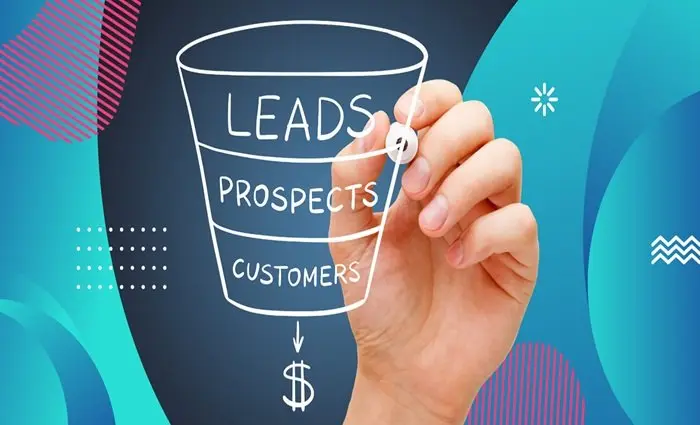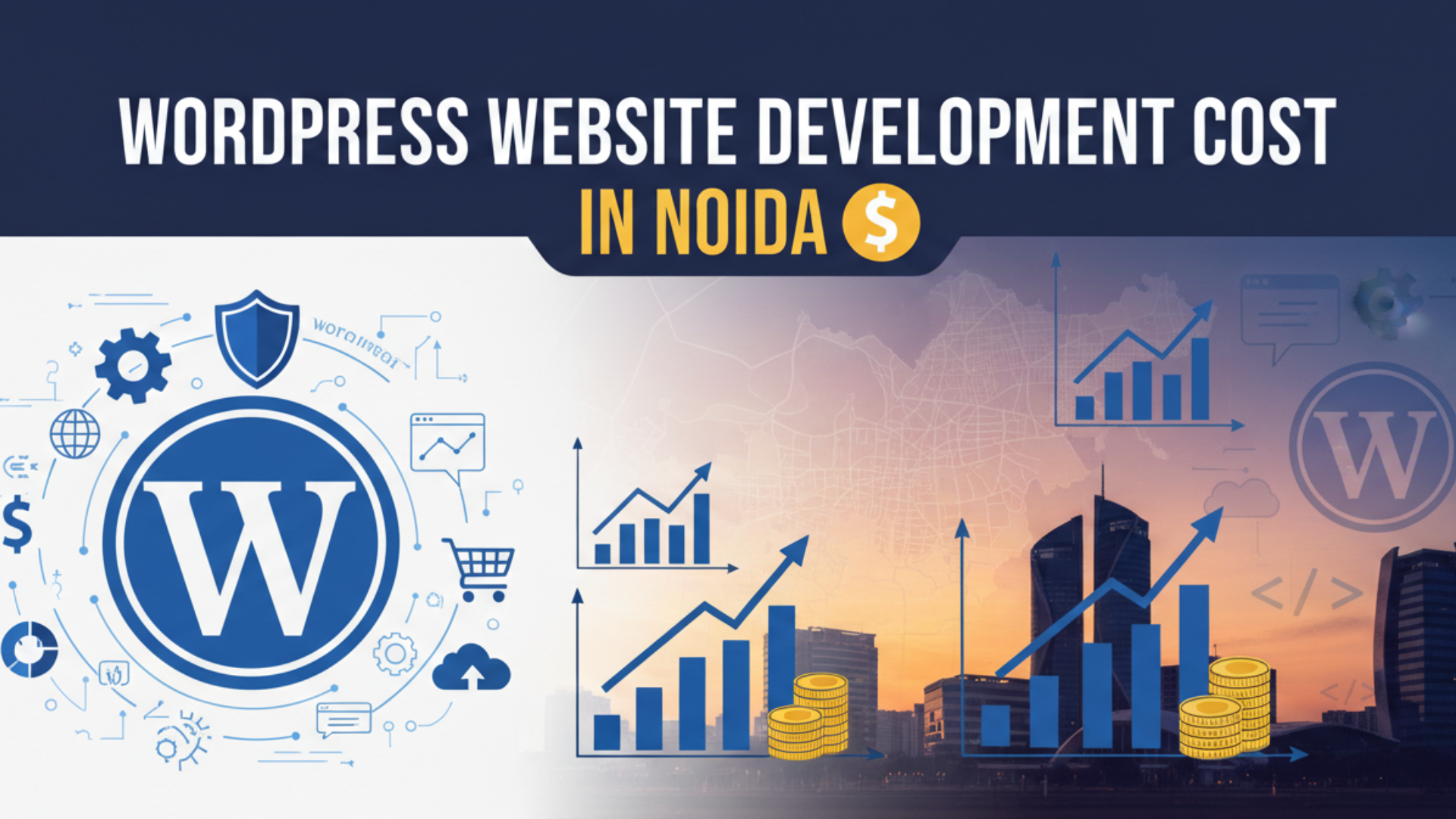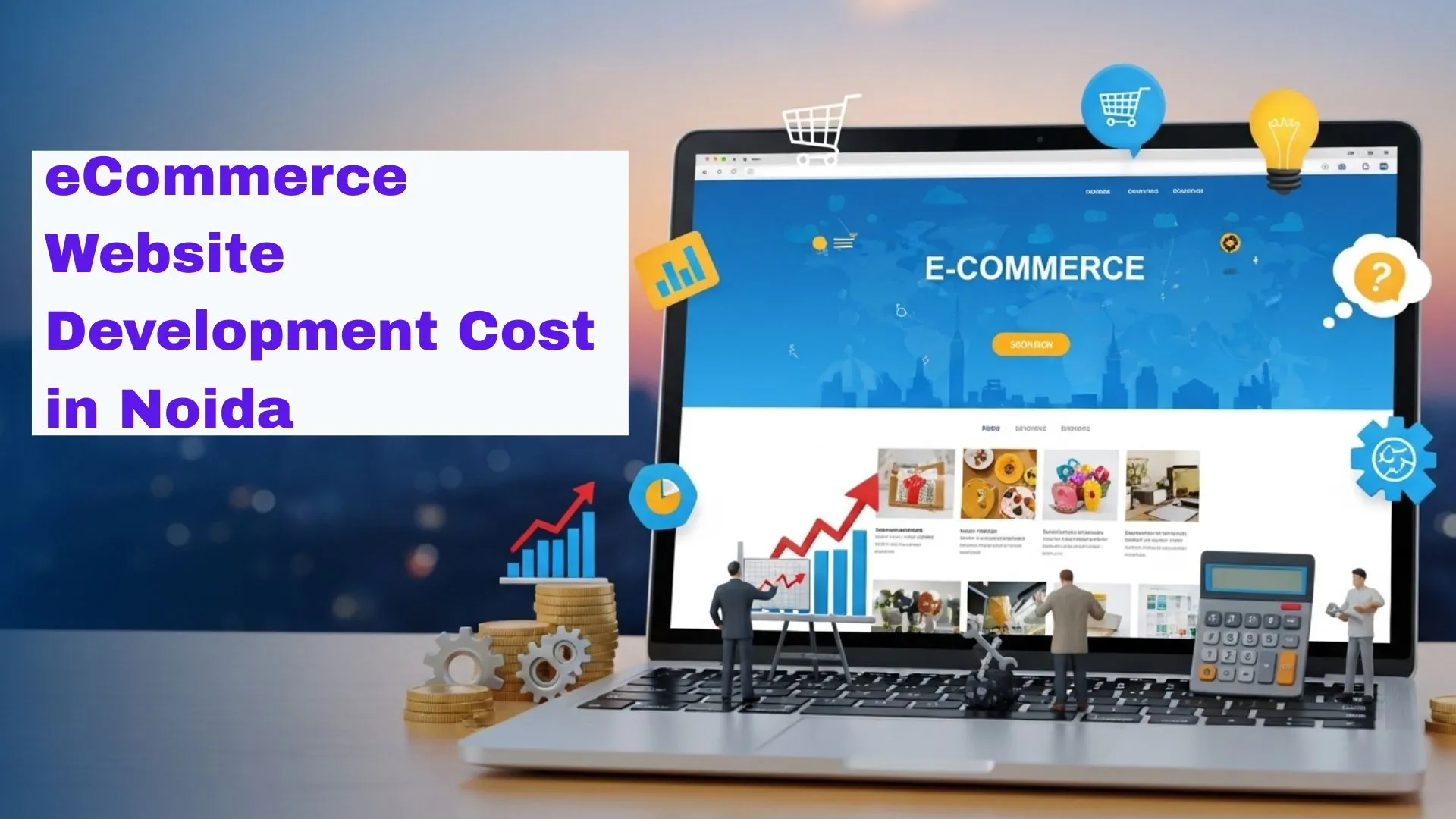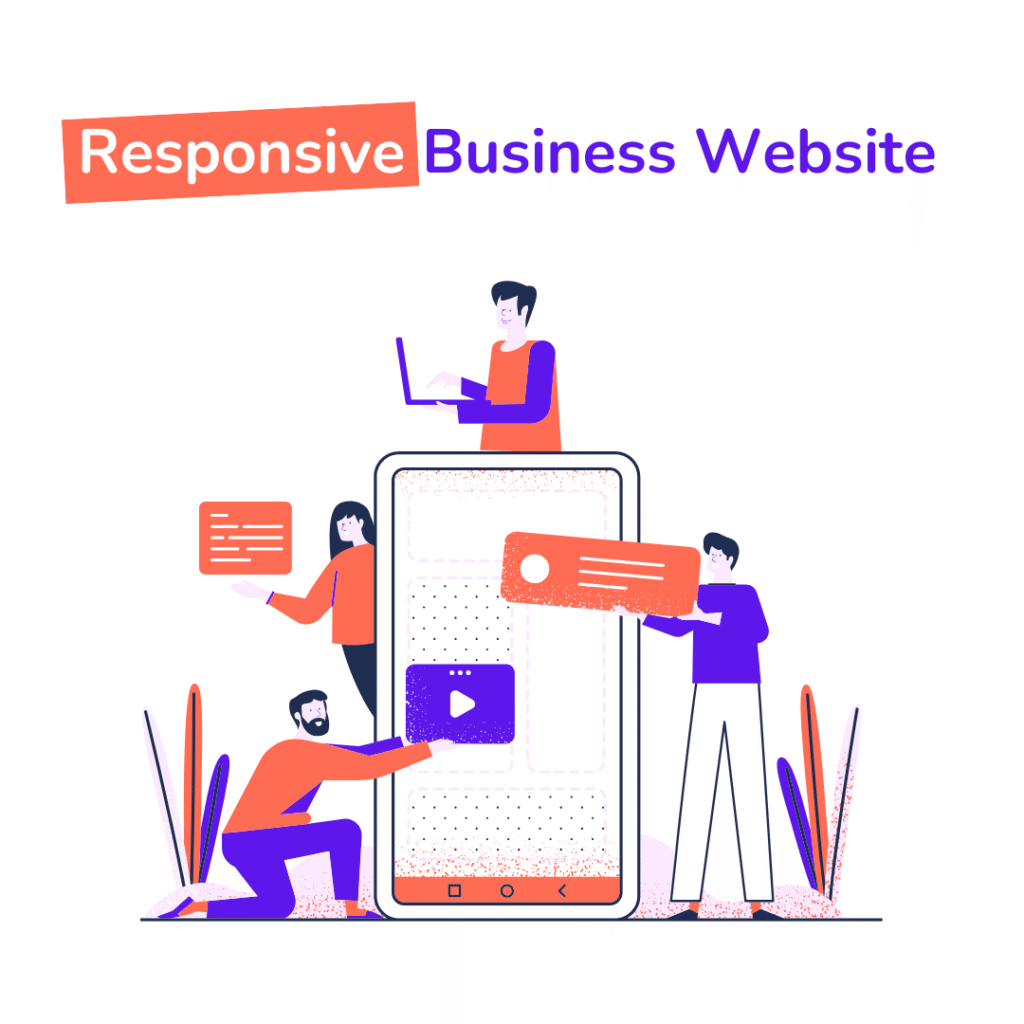If you don’t have a website, customers will not consider your business credible because 75% of consumers judge a business’s credibility based on its website (source: medium). There are a lot of benefits to having a website for your business.
A website is one of the most essential tools for any business to gain attention. It acts as a 24/7 storefront, a marketing powerhouse, and a bridge to customers.
Whether you are running a small startup or an established company, the benefits of having a website for your business are immense.
These Benefits of Having a Website Will Increase Your Revenue
Let’s explore why businesses need a website and how it contributes to growth. Check out the major benefits of the website below:
Enhancing Credibility and Trustworthiness
Establishing credibility is the foundation of long-term success for any business owner, especially startups. A professional website builds trust and assures customers that you’re serious about your business. It’s often the first impression potential customers get, and first impressions matter.
Why It Matters? Most people research businesses online before making a purchase or hiring a service. A modern, user-friendly website signals professionalism. Including customer testimonials, reviews, and certifications further solidifies trust.
Example: Imagine a customer comparing two service providers. One has a well-designed website with detailed service information and client testimonials, while the other relies on a basic social media page. The customer is more likely to trust the first business.
Improving Online Visibility and Authority
Once you’ve established credibility, the next step is making it easy for customers to find you. A website improves your online visibility by ensuring your business appears in search engine results when potential customers search for your products or services.
How to Stand Out? Include a blog, FAQs, and resource pages to address common customer questions. This positions your business as an authority in your industry.
Tip: Use content like “How-to Guides” or industry-specific tips to answer customer queries and drive traffic.
Generating Leads and Increasing Sales

After building trust and visibility, the next goal is to convert visitors into customers. A responsive website design acts as a lead-generation machine.
Features like contact forms, newsletter sign-ups, and chatbots capture visitor information and help you connect with potential customers.
Tip for Business Owners: Offer value in exchange for customer information, such as free guides or discounts for newsletter sign-ups. This not only engages visitors but also nurtures them into paying customers.
Example: A fitness trainer’s website offering a free e-book on “10 Easy Workouts at Home” in exchange for email sign-ups can turn visitors into long-term clients.
Insights: 90.7% of marketers generate leads through websites, while 89.2% use blogs as lead generation methods.
Building Brand
Your website becomes the central hub of your digital presence. It brings together all your online efforts, social media, email campaigns, and advertisements into one cohesive platform.
Why It Matters? Consistent branding across all channels creates a memorable identity. Startups and small businesses website is essential if you want to stand out in a crowded market.
Example: A regional restaurant’s website featuring a consistent logo, color scheme, and tone across all its pages and social media reinforces its brand identity.
Expanding Audience Reach
A website allows you to break geographical boundaries. Whether you’re targeting local customers or exploring international markets, a website makes your services accessible to everyone.
Example: A language tutor in India can offer online lessons globally, expanding their reach beyond local clients.
Strengthening Brand Loyalty
Once you’ve attracted customers, retaining them is essential. A business website helps create long-term relationships through loyalty programs, newsletters, and engaging content.
Tip: Share regular updates, tips, or offers to keep customers engaged and encourage repeat visits.
Insights: Existing customers generate 65% of a company's revenue and it shows a need of brand loyalty.
Gaining Data-Based Customer Insights
A website is not just a sales tool; it is also a treasure trove of data. You can understand customer preferences and tailor your offerings by analyzing visitor behavior.
Why It Matters? Insights from tools like Google Analytics help you identify popular products, improve user experience, and make data-driven decisions.
Example: If your analytics show high traffic on a particular product page but low conversions, you can optimize the page to boost sales.
Improves Customer Service
For a business owner, customer satisfaction is paramount. A website ensures customers can get their queries answered anytime through chatbots, FAQs, or contact forms.
Why It Matters? Instant responses improve customer experience and build loyalty. This also reduces the workload on your support team.
Tip: Use chatbots for common questions and live chat for personalized support.
Enables Direct Communication with Customers
Your website provides direct communication channels through contact forms, live chat, and feedback options. This personalized interaction builds trust and enhances the customer experience.
Tip: Use live chat for immediate responses to queries and email forms for follow-ups.
Insights: 79% of businesses report a positive impact on sales and customer loyalty by offering live chat.
Supporting Digital Promotion and Marketing

Your website integrates seamlessly with digital marketing efforts. Whether it’s an email campaign, social media promotion, or paid advertising, the ultimate goal is to drive traffic back to your website.
Why It Matters? A website allows you to manage these campaigns efficiently and provides a platform for detailed product or service descriptions.
Example: An online clothing store can run Instagram ads showcasing its latest collection and direct users to its website for purchase.
Promoting Product Sales and Transactions Online
If your business involves selling products, an e-commerce website agency is a must for you. An e-commerce agency simplifies transactions and makes shopping convenient for customers.
Why It Matters? Online shopping is booming, and businesses with e-commerce website benefiting market share.
Example: A handicraft business in India can list its products on its website, complete with secure payment options and customer reviews, to attract local and international buyers.
Boosting SEO Performance
To maximize visibility, search engine optimization (SEO) is crucial. Your website can be optimized with the right keywords, high-quality content, and technical improvements, ensuring it ranks higher on search engines like Google.
Why SEO Matters? Higher rankings mean more organic traffic, translating to more leads and sales without additional advertising costs.
Example: A business selling eco-friendly products in India can target keywords like “eco-friendly goods India” to attract relevant traffic.
Supporting Digital Promotion and Marketing
Insights: Around 56% of online shoppers research products on Google and other search engines before making a purchase.
Opening New Markets and Increasing Accessibility
A website makes your business more accessible to diverse audiences. Translating content into regional languages or offering location-specific services can help attract a broader customer base.
Why It Matters? In India, regional language websites are gaining traction, allowing businesses to connect with local customers more effectively.
Reducing Costs
Compared to maintaining a physical store, running a website is more cost-effective. It reduces expenses like rent, utilities, and staffing while automating processes like bookings and payments.
Example: A startup selling organic products can operate entirely online, saving on the costs of running a physical store.
The Importance of a Website for Startups in India
For startups in India, a website is not just a tool….it is a necessity. It helps you compete with larger businesses by establishing a strong online presence. The importance of a website cannot be overstated, especially in a market where digital adoption is growing.
Website benefits for businesses in India include:
- Expanding reach to untapped markets.
- Building trust among tech-savvy consumers.
- Offering cost-effective marketing solutions.
Final Thoughts
A website is essential for business growth. From boosting your credibility to enhancing customer service, the benefits are undeniable.
If you have not already, now is the time to invest in a professional website. It is a powerful tool that helps you compete, grow, and succeed in the business market.
Whether you are a startup or an established business, the right website ensures you are always one step ahead.











